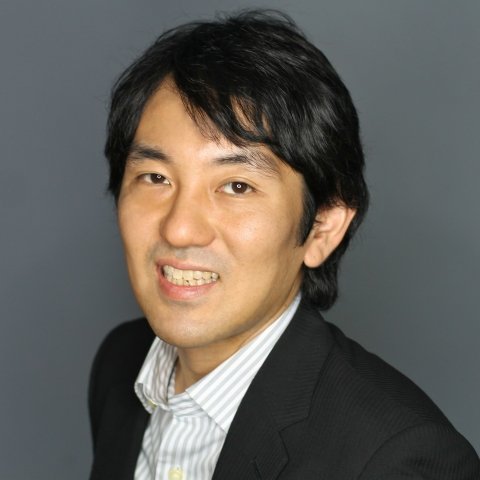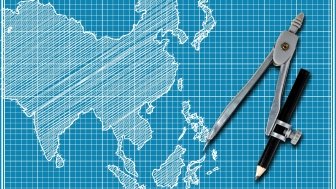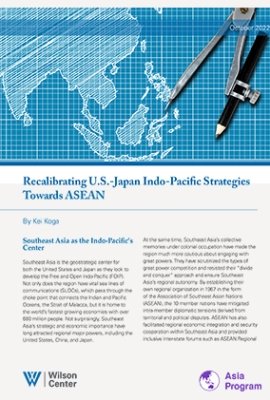Kei Koga
Former Short-term Scholar/ Japan Scholar
Professional Affiliation
Associate Professor, Nanyang Technological University
Expert Bio
Kei Koga is Associate Professor at the Public Policy and Global Affairs Programme, School of Social Sciences, Nanyang Technological University (NTU). Concurrently, he is a non-resident fellow at the National Bureau of Asian Research (NBR). His research focuses on International Security, International Institutions (particularly regional security institutions), East Asian/Indo-Pacific security, Japanese foreign policy, and ASEAN. Previously, he was visiting fellow at the Center for Strategic and International Studies (CSIS) in 2017; a Japan-U.S. Partnership Fellow at the Research Institute for Peace and Security (RIPS), Tokyo, in 2012-2014; Postdoctoral Fellow in the International Studies Program, The Belfer Center for Science and International Affairs, Harvard Kennedy School, in 2012-2013; and a Vasey Fellow at the Pacific Forum CSIS in 2009–2010. He has published on topics that include East Asian security, U.S. and Japanese foreign policies, the U.S.-Japan alliance, and ASEAN. He received his Ph.D. in International Relations at the Fletcher School of Law and Diplomacy, Tufts University.
Expertise
- Disaster Management
- Governance
- History
- Security and Defense
Wilson Center Project
Recalibrating Japan-US Indo-Pacific Strategy Toward ASEAN
Project Summary
As Southeast Asia is geographically located at the heart of the Indo-Pacific region and ASEAN has played a leading role in nurturing East Asian multilateralism since the end of the Cold War, ASEAN has a great influence on the future of the regional order in the Indo-Pacific. However, ASEAN currently faces difficulty in maintaining its unity because of internal issues (e.g. the 2021 Myanmar coup) and external problems (e.g. the rise of China). Further, while Japan and the United States strongly support for the ASEAN centrality and unity, both have yet to clarify what strategic role they expect from ASEAN. This policy research explores the possibility of US-Japan cooperation to empower ASEAN in three strategically important areas that greatly affect the Indo-Pacific regional order—fundamental values, infrastructure development, and critical technologies.
Major Publications
Quad 3.0: Japan, Indo-Pacific and Minilateralism:
https://www.worldscientific.com/doi/abs/10.1142/S1793930522000022
How strategic is "asymmetric" strategic partnership? Japan's partnership diplomacy toward Cambodia and Laos: https://www.tandfonline.com/doi/abs/10.1080/14799855.2021.1982898
Conceptualizing equidistant diplomacy in international relations: the case of Singapore: https://academic.oup.com/irap/advance-article/doi/10.1093/irap/lcab011/6333516?login=true
Japan's 'Indo-Pacific' question: countering China or shaping a new regional order?: https://academic.oup.com/ia/article-abstract/96/1/49/5697492
The concept of "hedging" revisited: the case of Japan's foreign policy strategy in East Asia's power shift: https://academic.oup.com/isr/article/20/4/633/478168
- "Abe Shinzo's Legacy in Southeast Asia" (PacNet, July 22, 2022) https://pacforum.org/publication/pacnet-39-abe-shinzos-legacy-in-southeast-asia
- "Free and Open Indo-Pacific Vision that promises peace and prosperity," East Asia Forum Quarterly, 10-12 (July-September 2022), https://press-files.anu.edu.au/downloads/press/n10564/pdf/book.pdf



